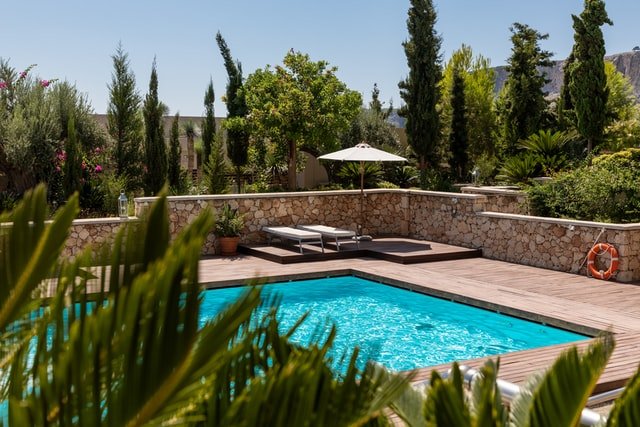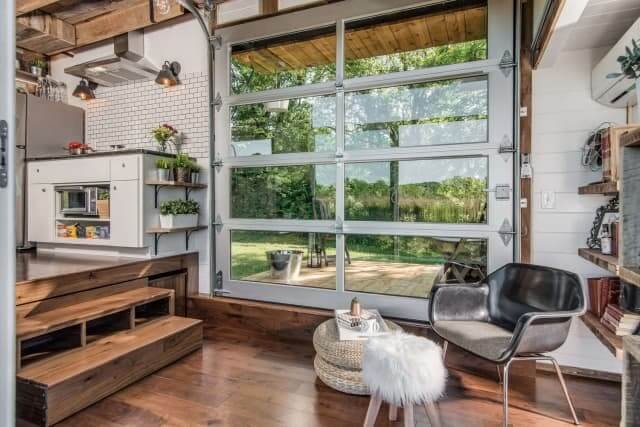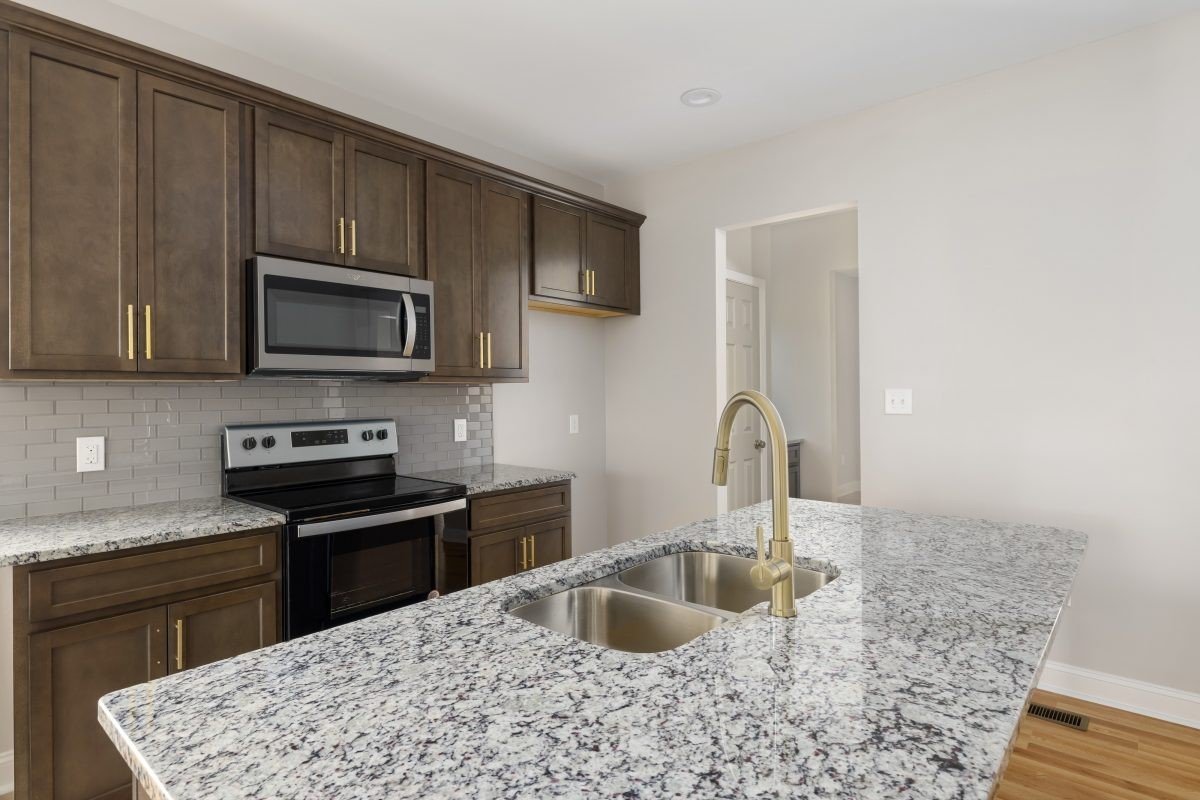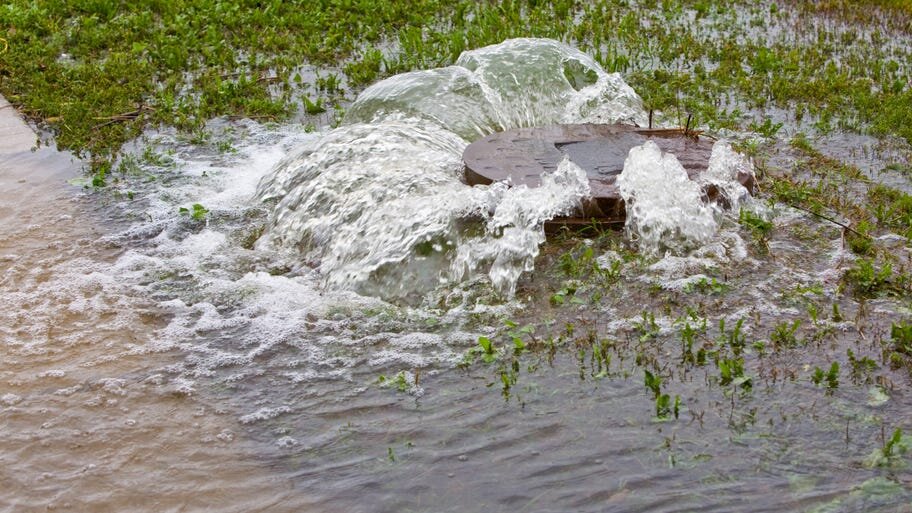What Can Your Pool Do For Your Home?
While it is true that generally, pools don’t add value to your home and may even decrease it, that doesn’t mean that you can’t be the exception to this rule. Many years ago, those who installed their pools didn’t have the power of the internet, and this handy cheat sheet to guide them towards the features that will add value to your home. Alternatively, several factors can (negatively) impact you and the price you pay for installing your pool.
Decked Out
On its own, a deck addition is one of the best home improvements you can make to drive up the cost of your home. Most renovations only recoup a 50-80% return on the investment — which means for every dollar you spend, you will only add 50-80 cents to your home appraisal. Installing a deck is one of the few renovations that return dollar-for-dollar on the investment. With that in mind, it makes sense to add a deck so you can increase your overall pool value. You can also rest easy knowing that you won’t lose anything down the line if you spring for pricier materials — all of the enjoyment, none of the risk.
Safety First
Although it’s not directly considered the value of your home, the cost of your home insurance impacts your wallet and will be affected by a pool, so there are a few things you need to know. Insurance providers consider residential pools an “attractive nuisance,” and homeowners are liable for anyone who uses their swimming pool, with or without permission. Should any lawsuits be filed against you, purchasing an umbrella policy to increase your liability coverage will serve as the safety net you may need.
Insurance rates are also affected by the levels of pool safety. Installing a fence around your pool will create a barrier to prevent accidents, but it can also lower the cost of your insurance and possibly bail you out if you get sued. On the other hand, installing a diving board can raise your insurance rates due to being considered an injury magnet.
Since your pool is on your own property, you don’t have a set of safety regulations to follow like a public or club pool is required to meet. These are things like signage that warn about the dangers of diving into shallow water or swimming unsupervised. These warnings are meant to draw attention and aren’t particularly attractive. Still, there are decorative ways to ensure safety if you frequently have guests over to swim or allow your older children to invite friends over while you promise to be cool and stay inside. Gentle reminders to keep glassware away from the pool or that the deck is “slippery when wet” may serve you well in the long run.
Pool lighting also provides safety—illuminating the pool’s edge and guiding the way back into the house. There’s no reason you can’t get creative with colored lights — it’s your pool, after all.
Damage
Over time, some damage is inevitable and usually minor. One of the most common pool repairs is a tear in the pool’s liner (we’ll get into what types of pool material has this problem soon), which causes a slow leak and loss of water in the pool. This can cost an average of $350 to fix and $2,200 if the tear is substantial and needs replacing entirely.
Other pool materials may crack due to drying out or soil movement. Many of these are superficial and need repair for aesthetic reasons, but significant soil movement can lead to foundation damage that needs immediate attention and repair. You’ll know if the cracks you see fall into this category if you’re experiencing water loss that cannot be attributed to evaporation or if rust is emerging from said cracks. Rust is a sure sign that water is reaching the rebar or pipe that provides structural support to your pool.
Hardware and Equipment
Like many things, multiple components work together to make your pool a safe and functional entertainment area. If some parts aren’t up to par, other mechanisms may need to compensate and decline faster. During your pool planning, you’ll need to decide what lights to put up, where to put steps in and out of the pool, and if you want or need ladders.
Another factor to consider is pool cleaning. Some owners rely on a weekly pool service or take on the duty themselves of skimming the leaves out of the pool and scrubbing the debris off the walls, but you can also opt to purchase a skimming machine that takes care of that for you. Several pool cleaning tips save you time, such as using a tennis ball to absorb oils that may get into the water from sunscreen and using baking soda as a chemically safe way to brighten pool tiles.
An essential part of pool maintenance involves drain cleaning, so it is crucial to think about the ability to access and service them. If you are buying a home with a pool, make sure your inspector goes over these items and possible repairs or upgrades you need to make. In either case, it’s probably best if an inspector helps you with more complex features involved in pool ventilation, such as filters, pumps, and timers. You will need to know what to look for to maintain minor upkeep yourself and then know when it’s time to contact a professional.
Pools also use plumbing, electrical components, and possibly pool heaters. It’s not expected that you become an expert on these elements, but awareness and some common sense will carry you a long way, as well as routine maintenance appointments with your chosen pool service.

































